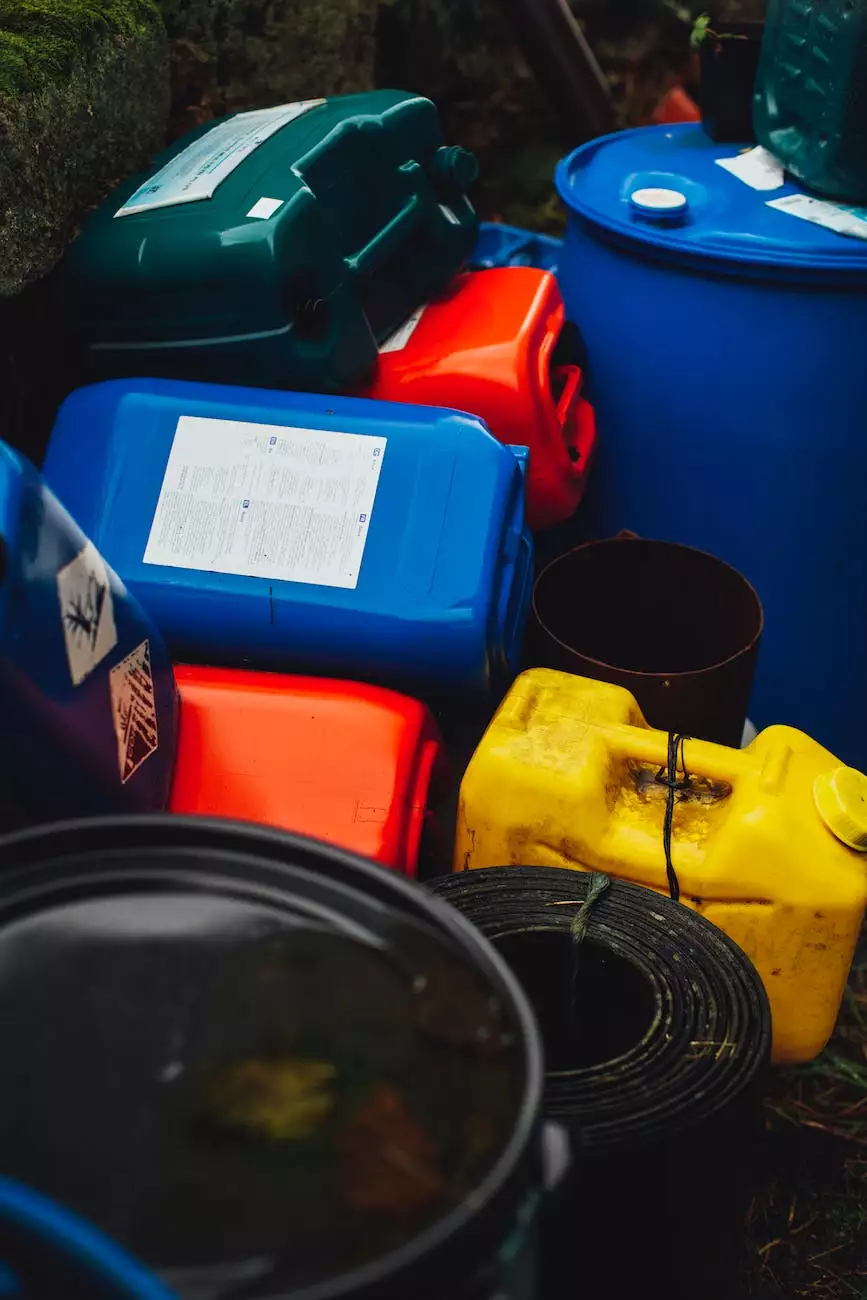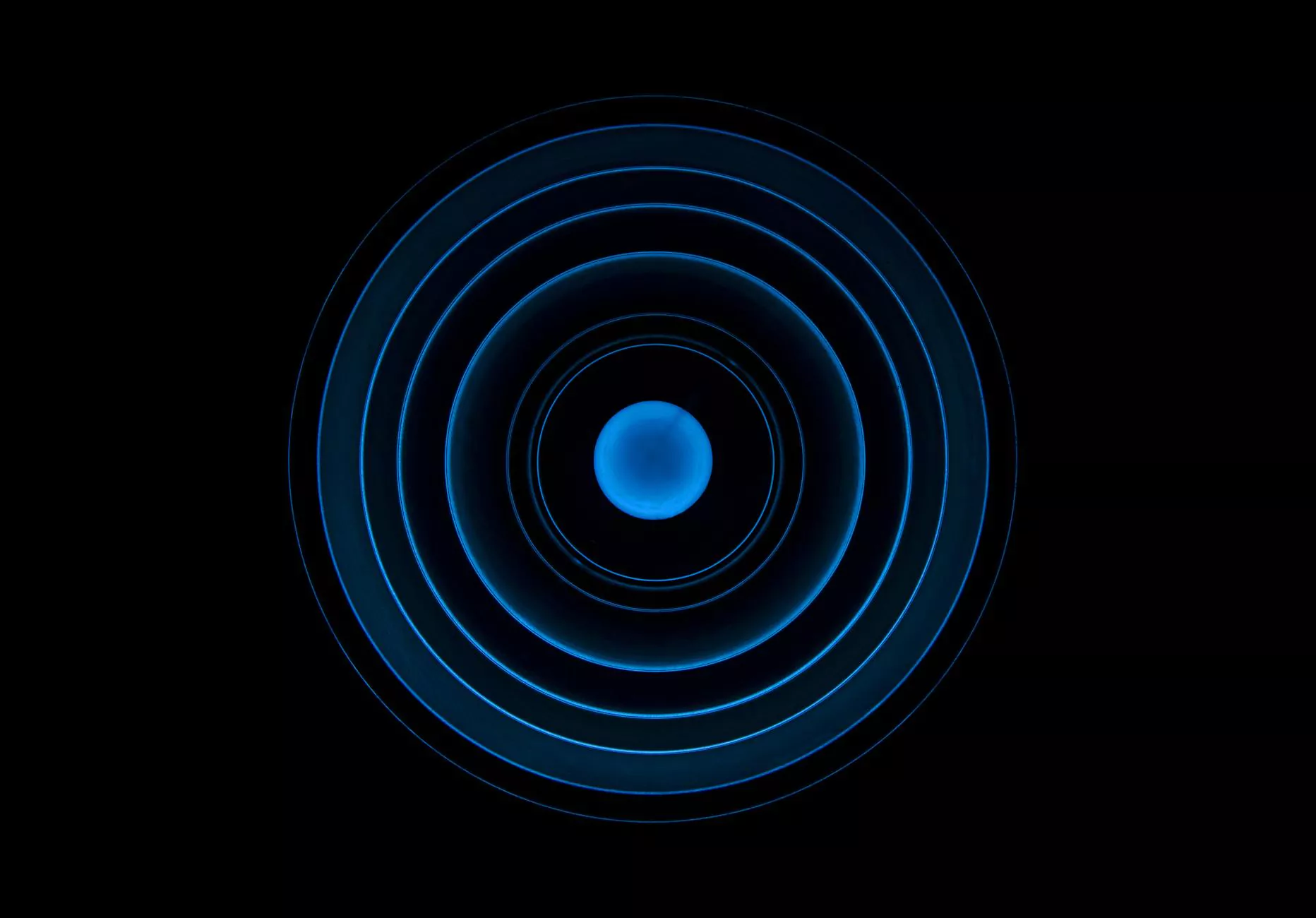How To Identify Toxic Links Using SEMrush?
Blog
Welcome to Blue Astral, the trusted source for cutting-edge SEO services in the business and consumer services industry. In this comprehensive guide, we will walk you through the process of identifying toxic links using SEMrush, one of the premier SEO tools available. With our expert insights and strategies, you can optimize your website's link profile and outrank your competitors in search engine results.
The Importance of Identifying Toxic Links
As search engines constantly evolve their algorithms, they place increased value on high-quality and relevant backlinks. However, not all links are created equal, and having toxic links pointing to your website can severely impact your search rankings and organic traffic. Therefore, it becomes crucial to identify and eliminate these harmful links to safeguard the overall health and performance of your online presence.
Understanding SEMrush
SEMrush is an all-in-one SEO platform that offers a multitude of features to help you optimize your website and outperform your competition. When it comes to identifying toxic links, SEMrush provides a comprehensive set of tools and data points that enable you to analyze your backlink profile and make informed decisions.
Step 1: Launch SEMrush Backlink Audit Tool
To get started, navigate to the Backlink Audit tool within your SEMrush account. This powerful feature allows you to assess the quality and toxicity of your backlinks and provides actionable insights for improvement.
Step 2: Analyze Your Backlink Profile
SEMrush provides a detailed overview of your backlink profile, including the total number of backlinks, referring domains, toxic score, and more. By analyzing this information, you can quickly identify any potential red flags and areas that require attention.
Identifying Toxic Links
One of the key features of SEMrush is its ability to assess the toxicity of individual links. The tool assigns a toxic score to each link, indicating the potential harm it may cause to your website's search performance. Links with higher toxic scores should be carefully reviewed and potentially removed.
Step 3: Manually Review Toxic Links
While SEMrush provides valuable insights, it is essential to manually review each potentially toxic link to ensure accuracy. Take the time to evaluate the relevance, source, and context of these links in relation to your website's niche and content. It's important to note that not all links with high toxic scores may be harmful, as certain factors can influence the assessment.
Best Practices for Toxic Link Removal
Once you have identified the toxic links using SEMrush, it's time to take action and remove them from your backlink profile. Here are some best practices to follow:
1. Reach Out to Webmasters
Start by reaching out to the webmasters of the websites hosting the toxic links. Politely request the removal of the link, providing them with the necessary information and context. In most cases, webmasters will be responsive and willing to cooperate.
2. Disavow Tool
In cases where webmasters do not respond or refuse to remove the toxic links, you can utilize Google's Disavow tool. This allows you to signal to search engines that you do not want these links to be considered when assessing your website's rankings.
3. Regular Backlink Audits
Implementing regular backlink audits using SEMrush is crucial to maintaining a clean and healthy link profile. By staying proactive and monitoring your backlinks, you can prevent toxic links from negatively impacting your SEO efforts and ensure long-term success.
Conclusion
Identifying toxic links using SEMrush is an essential step towards optimizing your website's performance and outperforming your competitors in search engine rankings. Blue Astral, the leading provider of SEO services in the business and consumer services industry, can help you navigate the intricacies of backlink audit and removal to ensure your website's success. Contact us today for expert assistance in improving your SEO strategy and safeguarding your online presence.










